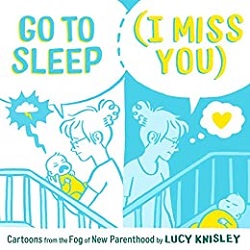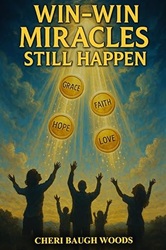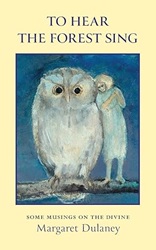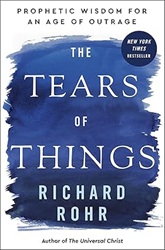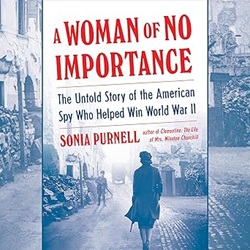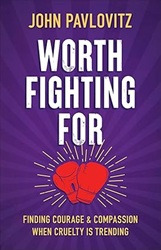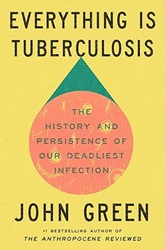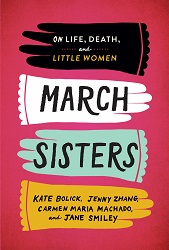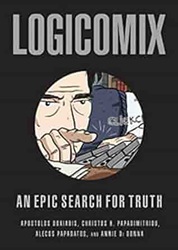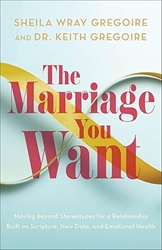 The Marriage You Want
The Marriage You Want
Moving beyond Stereotypes for a Relationship Built on Scripture, New Data, and Emotional Health
by Sheila Wray Gregoire and Dr. Keith Gregoire
Baker Books, 2025. 239 pages.
Review written July 29, 2025, from my own copy, purchased via Amazon.com
Starred Review
Why did I order a book about marriage when I am divorced and not dating anyone? I have appreciated Sheila Wray Gregoire’s writings on Blue Sky and Twitter, and I wanted to hear more. The fact is, I grew up with the “biblical” marriage advice she debunks, and specifically turned to some of the books she critiques when my husband left me and I desperately wanted him back. After reading her articles, I took the unusual step (for me) of taking down my reviews of two books from that era – Love and Respect, by Emerson Eggerichs, and For Women Only, by Shaunti Feldhaun.
So what does this book contain instead? The authors challenge us that the way to determine if marriage advice is good is to look at the fruit – so they did extensive research on what thriving couples have in common.
We wanted to write a book about marriage that was healthy, evidence-based, and Jesus-centered. We wanted to show that data and Jesus can go together! As you read this book, you’ll see results from our various surveys and from other peer-reviewed studies that point to what creates not just a good marriage – but a great marriage.
So yes, this is a Christian book on marriage. But they’re not taking individual verses out of context to twist them to their perspective. They do address stereotypes about marriage that have been clothed in Christian garb and used to tell people this is the only way to do marriage.
Every single chapter shows results from the research to back up their points. I have to add at this point that right away the former Statistics teacher in me saw something I didn’t like – In some of their graphs, they cut out part of the y-axis. This is visually misleading, making a small percentage difference in data seem a lot bigger than it is. They also draw a line between data points where it’s not a linear situation – the x-axis was answers of “Strongly Disagree,” “Disagree,” “Slightly Disagree,” “Slightly Agree,” “Agree,” and “Strongly Agree.” They are not numerically continuous measurements, so a bar graph would be much more appropriate, and connecting the dots – as if there could be a regression line for discrete data – doesn’t really make sense. However, the underlying point of that particular graph was valid. (In this case, the categories were matched to “Relationship Flourishing Score” – and the statement this graph was measuring agreement with was “Men need respect in a way that women can never understand.” Agreeing with that – in men or women – was correlated with lower Relationship Flourishing scores.)
And they do break things out in lots and lots of smaller graphs related to individual questions without such problematic expressions. So that was a quibble from statistics-teacher me.
The framework of the book uses the acronym from their Bare Marriage website: Balance, Affection, Responsibility, and Emotional Connection. Essentially, the message I took away from the book is that marriages thrive when it’s not seen as a hierarchy, but as teamwork. And that included tearing down several beliefs I’d assumed throughout my marriage.
Here’s a section I liked from the Conclusion:
Yes, life is hard. Yes, marriage takes a set of skills that takes time to master. But when you approach your spouse and your marriage with curiosity, and when your spouse does the same, then marriage doesn’t have to be some heavy weight you carry your whole life. Instead, marriage can be the relationship that helps you bear life’s burdens as you run up the hill together. What the data in this book has consistently shown is that when you follow the teamwork approach we’ve shared, marriage becomes something that makes your burdens feel a little lighter, makes your footsteps land a little easier, and makes your smile shine a little brighter.
So often the message we’ve heard in church circles about marriage is that it’s hard, but God wants you to just stick with it regardless. But we want more for you. We don’t want you to just stay in a marriage you hate, we want you to create a marriage you love. And given that Jesus said he came that we might have life to the full, we think he agrees!
This book helps you gain tools to have that thriving marriage you want.
This book has got me thinking maybe dating again could be a good thing….
baremarriage.com
bakerbookhouse.com
Buy from Amazon.com
Find this review on Sonderbooks at: www.sonderbooks.com/Nonfiction/marriage_you_want.html
Disclosure: I am an Amazon Affiliate, and will earn a small percentage if you order a book on Amazon after clicking through from my site.
Disclaimer: I am a professional librarian, but the views expressed are solely my own, and in no way represent the official views of my employer or of any committee or group of which I am part.
Subscribe for more reviews and talk about books.
Join the conversation: What did you think of this book?
